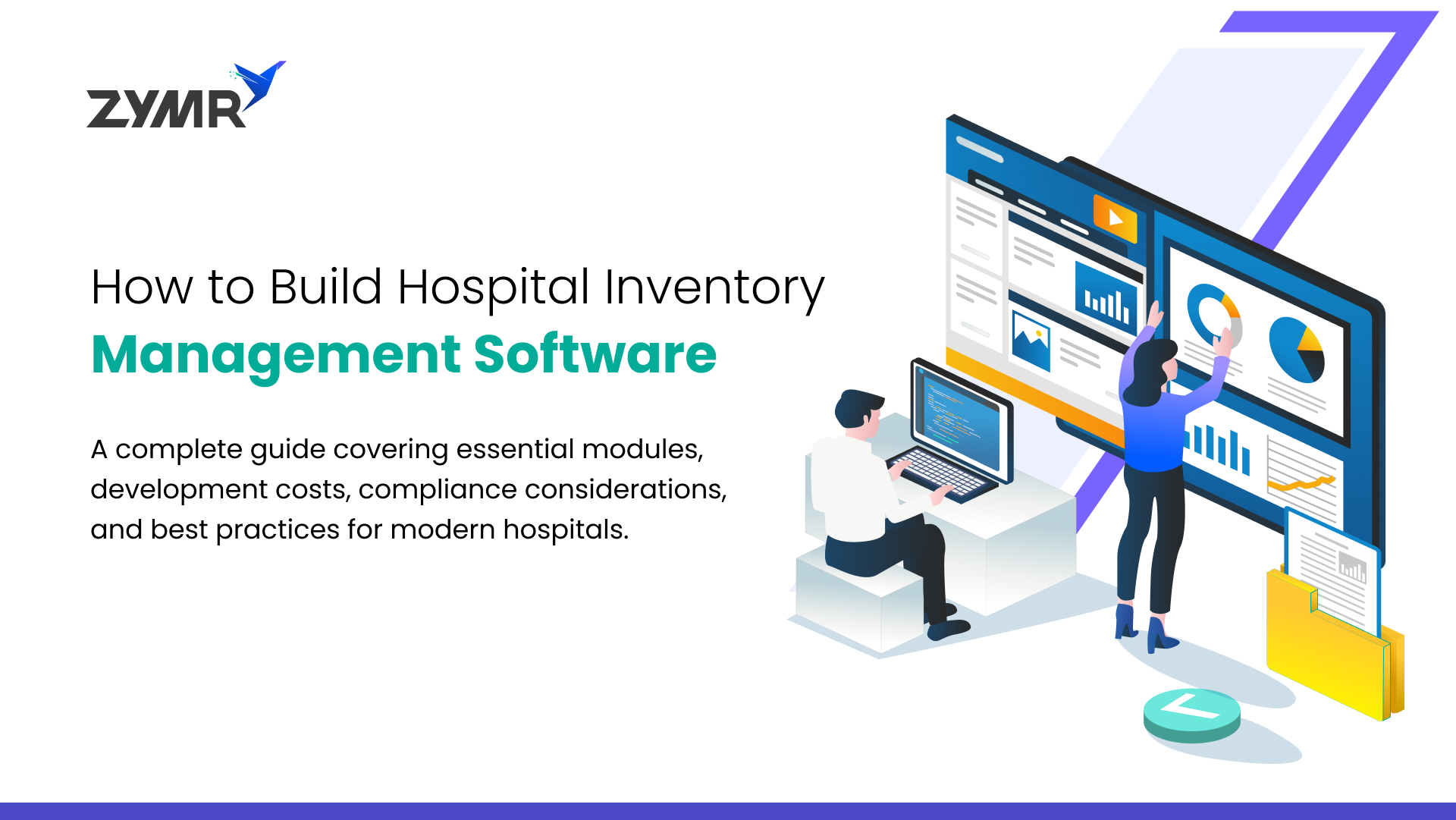By 2020, according to Gartner’s prediction, “Cloud Technology” is poised to become something equivalent to the “internet.” Companies can’t survive without the cloud, in the same manner, we can’t without the internet today. Cloud computing has significantly shaken the entire IT industry. More than 60% of all sized companies are already using the cloud platform, predominantly the public and hybrid cloud.Almost every industry, domain, or sector has experienced what cloud computing is capable of. E-commerce is inevitably one of them. Cloud computing has numerous advantages to offer to all the e-commerce companies. E-commerce is also bringing revolution in the entire “online transaction” industry. If it gets coupled up with the advantages of cloud computing, the duo can do miracles.Cloud computing can empower and enhance e-commerce sites and can provide an altogether different experience. In 2019, as compared to online retailers, B2B firms will spend more on e-commerce technology. Also, it is an industry where “customers have huge expectations”, which is why it needs to be agile and prudent at any cost. As per NASDAQ, by 2040, 95% of purchases will be facilitated by e-commerce.(Also read on How retail industry success is being propelled by digital transformation?)Let’s talk about the importance and benefits which cloud computing can bring to the e-commerce world as there is an endless list of advantages:Unmatched speed and stupendous efficiency will get ensured.Speed thrills everyone, whether it is in the context of vehicles or transactions. The main aim of all the internet-driven deals is to save the valuable time of the customers.The on-site physical IT infrastructure of e-commerce sites cannot guarantee you unmatchable speed but cloud computing surely can. In the context of Speed and performance, as per a survey, around 40% of online shoppers tend to leave a webpage if loading takes more than 3 seconds. Also, 79% of shoppers are less likely to buy from the same site again if they are dissatisfied with it in terms of performance, legibility of content or interface.This can increase the bounce rate for the company. The customers can move to the competitor’s site, which can be detrimental to the organization’s health as a whole. If we talk about efficiency, AWS with more than 50% of market share in the industry, is the subsidiary of Amazon group.Amazon is an e-commerce giant compared to all its peers as the cloud can store a vast amount of customers’ data. Amazon is also reaping profits by focusing solely on their customers. It has focused on remarkable features like “frequently bought products,” “customers also bought this,” “last purchased items,” “price drop,” “buy it again” and so on. It has brought efficiency, which in turn, has helped the company yield more profits and outperform its competitors like Flipkart, eBay, etc. The company is continuously excelling in adopting the latest artificial intelligence mechanisms. It is a subtle example and an all-rounder in getting acquainted with all the latest trends which IT domain is experiencing.Security and safety will be taken care of at priorityVirtual platforms work on the foundation of “Trust,” and “Safety” is a necessary prerequisite to build that ‘trust’. Safety is utmost required against deletion, theft, and leakage of data.E-commerce sites providers have a complete database of their customers, which involves not only their buying pattern but also their credit/debit card details, bank details, etc. Therefore there is an utmost need to safeguard all those details and transactions from malicious and spiteful users.The cloud vendors like AWS, Azure, GCP spend millions of dollar towards safeguarding their clients' data over the cloud. E-commerce can rely on cloud computing technology for security too and to safeguard its mammoth yet sensitive data. Although through secured network architecture and data centers, sufficient compliance formalities, proper encoding, firewalls, multiple layers in authentication, cloud vendors can ensure and guarantee security to their clients’ data. However, an agile and cautious approach is always required to stay one step ahead of the hackers.Financial savings, boost in sales will indicate higher profits.Savings will get assured when you approach the cloud platform. As a client, you only have to pay for all those cloud services, which you are opting. Ultimately it leads to cost-cutting and also surges the savings.Capital expenditure or Capex, upfront investment, and all other IT overheads will be much lower with cloud technology. Instead of establishing everything from scratch on your own, you can enjoy all the facilities on the lease from an expertized third party.By 2020, there will be more than 100 billion devices across the globe, which will be maneuvering using virtual data centers in the cloud with the intention to get financial savings.(Also read on How financial service industry can accelerate digital transformation through cloud technology?)Groupon had a strong cloud presence until 2011. The primary goal was to stimulate their sales operations. Soon, they made a prudent decision by exiting the cloud after achieving the desired level of maturity and reaching a particular level. They now wanted to control their own cloud infrastructure."Groupon has achieved tremendous success and is a good example of what's possible when you build a high-growth business in the cloud." - Adam Caplan, CEO of Model Metrics.Scalability issues will never pose a threat anymore.Whether it is an SME or a large scale enterprise, you never know when the need to expand or shrink the operations might arise. Relying solely on physical servers or infrastructure may lead to unnecessary cost hike, underutilization of resources, and can pose a significant threat when you need to scale up the operations. Here, the cloud comes to the rescue.eBay Inc, one of the top e-commerce sites, has joined hands with Microsoft’s new window Azure platform for cloud computing solutions. The major advantages which eBay received after migrating to the cloud were scalability and cost-effective data center. As per stats, eBay has launched a public cloud-based production platform to cater its US$85 billion marketplace that runs along with its core on-premise system.If we talk about the three core cloud computing models with stats, we can successfully link all the cloud models with the e-commerce industry.Software as a Service (SaaS) will increase with a CAGR of 18% (approx.) by 2020. SaaS solutions include rich media management platform, reviews, and ratings, recommendations on products and services, social media solutions, click to call/chat, etc. SaaS and PaaS model provide resilience and help the sites in going live in no time at all.Platform as a Service (PaaS) investment will reach around 56% in 2019 from 32% in 2016. PaaS vendors can assist e-commerce companies with templates, tools, widgets, and various advanced features to create a delightful user experience that offers a phenomenal user interface.Infrastructure as a Service (IaaS) investment will reach $72.4 billion (approx.) by 2020. This service provides flexibility to e-commerce companies which are using the private, public, or hybrid cloud. Infrastructure will become completely on-demand. Moreover, it will include network, server, and storage facilities to suffice the clients’ needs.The global retail e-commerce sales are projected to become an estimated $4.5 trillion industry by 2021. The cloud computing industry isn’t far behind. Together, both of them can rock the entire corporate world and bring a revolution in the “digital transformation” goal of the nation.The potential for cloud computing and e-commerce is huge indeed. And the former has a full flair to invigorate the latter. We can conclude the blog with a yes, cloud computing has great importance and is revolutionizing the entire E-Commerce industry.We at Zymr, hold a hands-on experience in delivering the best cloud computing solutions. Contact our expert team today!
Conclusion
FAQs
>
>
>
>
>
Have a specific concern bothering you?
Try our complimentary 2-week POV engagement
Our Latest Blogs

January 15, 2026
Global Healthcare Outlook 2026: Key Trends in Digital Health, AI, and Patient Safety

January 15, 2026
Top 10 Healthcare IT Services Companies Transforming Healthcare Delivery(2026)

January 15, 2026






.svg)
.svg)
.svg)
.svg)
.svg)
.svg)
